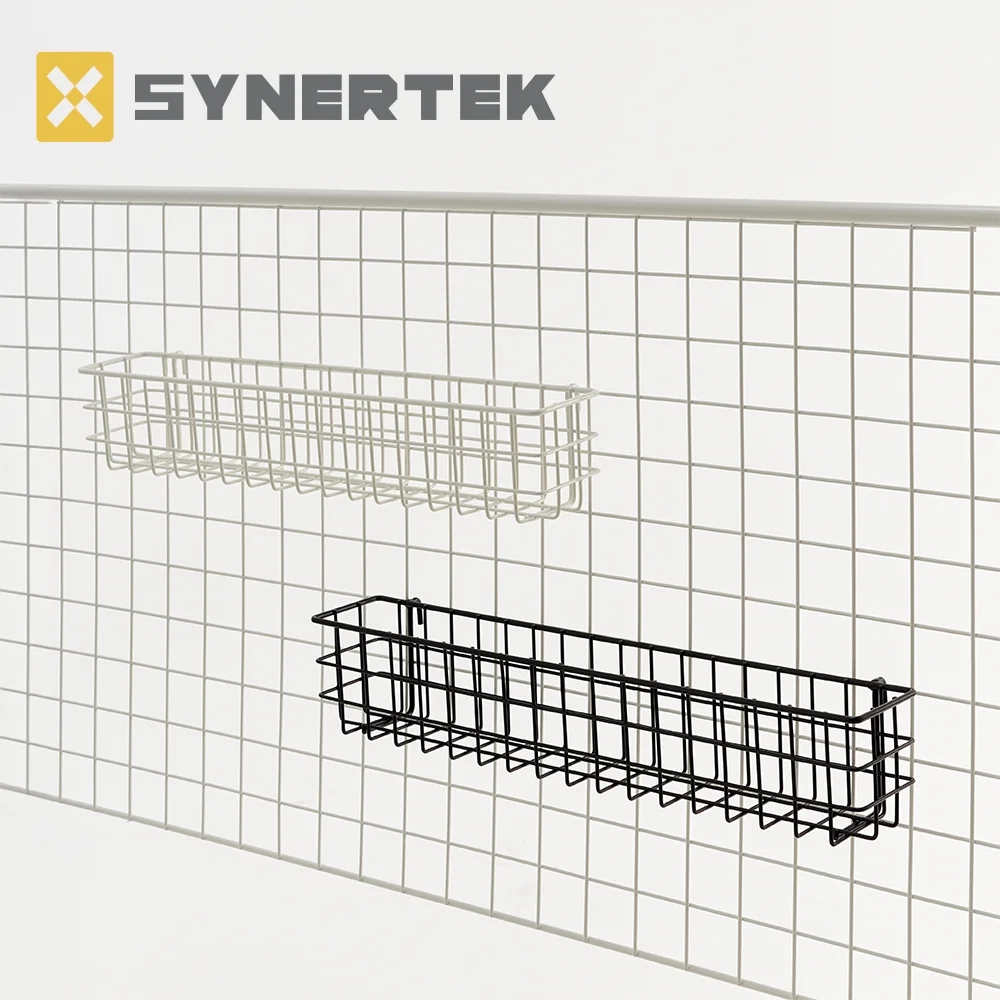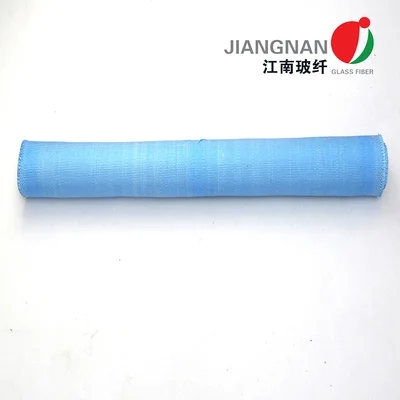
In the world of materials science and engineering, the question of whether composite is stronger than aluminum is a topic of ongoing debate. This article aims to delve into this subject, exploring the strengths and weaknesses of both materials, and ultimately providing a comprehensive answer to this question.
Composite materials are a class of materials that are made from two or more constituent materials with significantly different physical or chemical properties. When combined, these materials produce a material with characteristics different from the individual components. The individual components remain separate and distinct within the finished structure. The most common types of composites used in the manufacturing industry include polymer matrix composites, metal matrix composites, and ceramic matrix composites.
Aluminum, on the other hand, is a chemical element and a lightweight, silvery-white metal. It is the third most abundant element in the Earth's crust and the most abundant metal. Aluminum is renowned for its low density and ability to resist corrosion, which makes it an ideal material for many applications.
When it comes to strength, composite materials often have the upper hand. The strength of a composite material is largely dependent on the type and quantity of its constituent materials. For instance, carbon fiber reinforced polymer (CFRP), a type of composite, is known for its exceptional strength-to-weight ratio, surpassing that of aluminum. CFRP is five times stronger than steel and twice as stiff, yet it weighs about two-thirds less. This makes CFRP an excellent choice for applications where strength and weight are critical factors, such as in the aerospace and automotive industries.
However, it's important to note that not all composites are stronger than aluminum. The strength of a composite can vary widely depending on its composition. Some composites may be weaker than aluminum, especially if they are made with weaker constituent materials.
Aluminum, while not as strong as some composites, has its own set of advantages. It is highly malleable, which means it can be easily worked into various shapes and forms. This makes aluminum a versatile material for a wide range of applications. Additionally, aluminum is a good conductor of heat and electricity, and it reflects light and radiation, making it ideal for applications such as kitchen utensils, heat sinks, and satellite dishes.
In terms of cost, aluminum is generally cheaper than composite materials. This is because the production process for aluminum is simpler and more established than that for composites. However, the higher cost of composites can often be justified by their superior performance characteristics.
In conclusion, while composite materials can be stronger than aluminum, the answer to the question Is composite stronger than aluminum? is not a simple yes or no. It depends on the specific type of composite and the application in question. Both materials have their strengths and weaknesses, and the choice between the two should be based on a thorough understanding of these factors.



